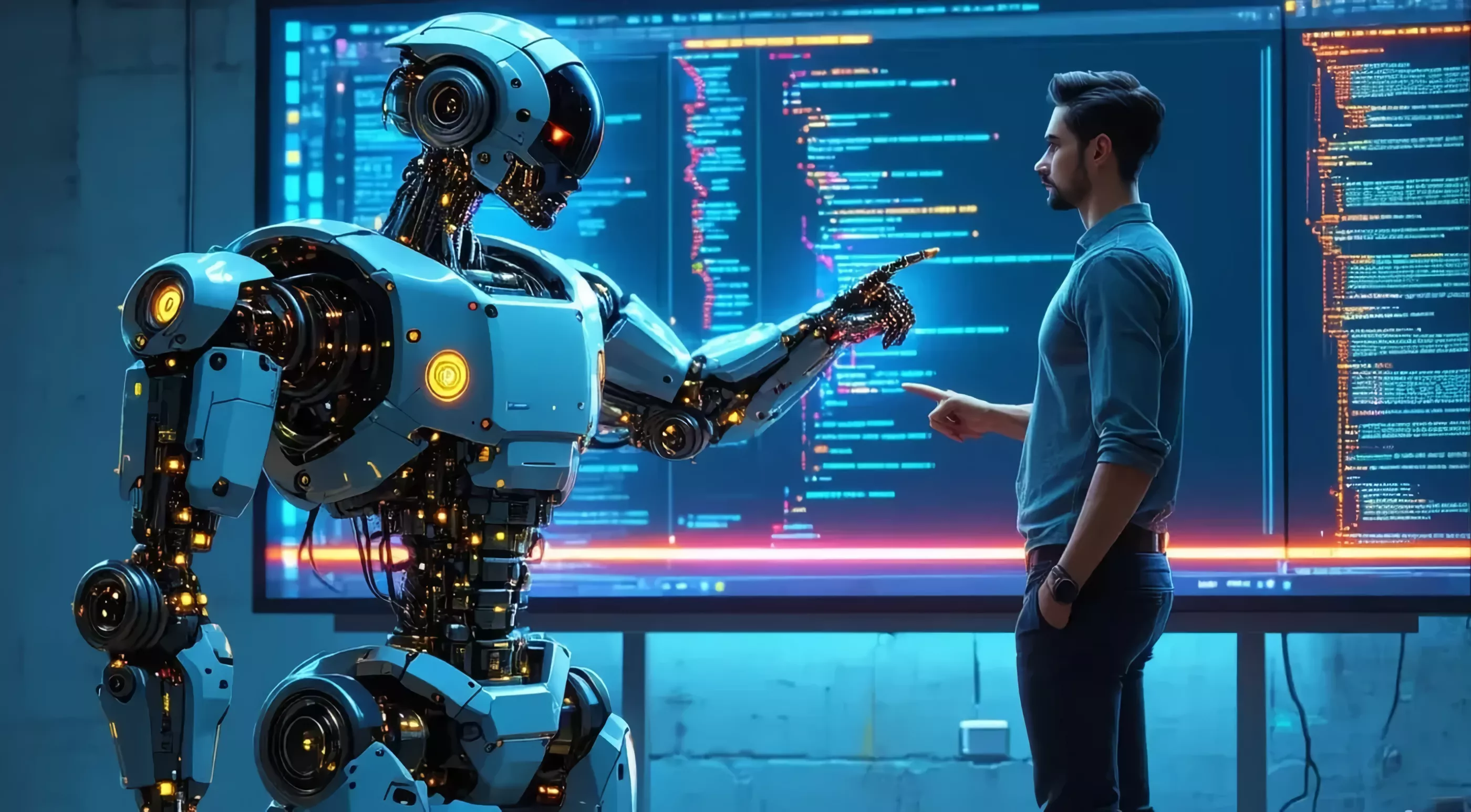The big picture: Software developers are increasingly weaving AI tools into their work, but such rapid adoption hasn't come without confusion or conflict. They and their managers are still trying to work out when these tools help, when they hurt, and how to integrate them without creating more problems than they solve.

In its annual poll of 49,000 professional developers, Stack Overflow found that 80 percent use AI tools in their work in 2025, a share that has surged in recent years. Despite this wide and rapid adoption, trust in those tools is falling. The survey shows that only 29 percent of respondents say they trust AI's accuracy, down from 40 percent in past surveys.
That gap – widespread adoption alongside growing skepticism – reflects the complex impact of AI-powered coding assistants like GitHub Copilot or Cursor. While few developers question their usefulness, many are still learning how to apply these tools effectively and understand their limits.
When asked about their biggest frustration, 45 percent pointed to AI-generated solutions that seem mostly correct but contain subtle flaws. Unlike clearly incorrect code, these near-misses can introduce hidden bugs and logic errors that take hours to untangle – especially for junior developers who accept AI suggestions too readily.
The fallout often circles back to Stack Overflow itself. More than a third of developers said they visit the site because of AI-related issues, meaning code generated by tools they trusted created problems they couldn't solve on their own.

Recent advances in reasoning-focused models have improved reliability. Still, the survey suggests that AI's "close-but-not-quite" problem is here to stay – it's tied to how predictive text generation works. That's one reason 72 percent of developers reject the idea of "vibe coding," or casually pasting in AI-suggested code for production use.
Even with those frustrations, few are abandoning these tools. In some cases, managers push teams to adopt them. More often, developers themselves see clear benefits – so long as they use the tools carefully.
Industry experts say the key is training and mindset. Developers should treat autocomplete tools powered by AI as a "sparring partner," not a silent copilot. Those who simply tab through GitHub Copilot's suggestions risk embedding flaws; those who use it to spot issues or refine ideas get the most value.
The tools also offer an educational upside. Artificial intelligence can flatten the learning curve for new languages or frameworks, offering targeted answers that complement traditional documentation searches – a function Stack Overflow has filled for years.
Chief Product and Technology Officer Jody Bailey told Venture Beat that Stack Overflow is rethinking its role as AI changes how developers seek help and share knowledge. She acknowledged that the company has seen fewer visits but warned that many people overstate the narrative around that trend.
"Although we have seen a decline in traffic, in no way is it as dramatic as some would indicate," she said, adding, "That shift is causing Stack Overflow to critically reassess how it gauges success in the modern digital age."
Image credit: Sergiy Galyonkin
Software developers use AI more than ever, but trust it less